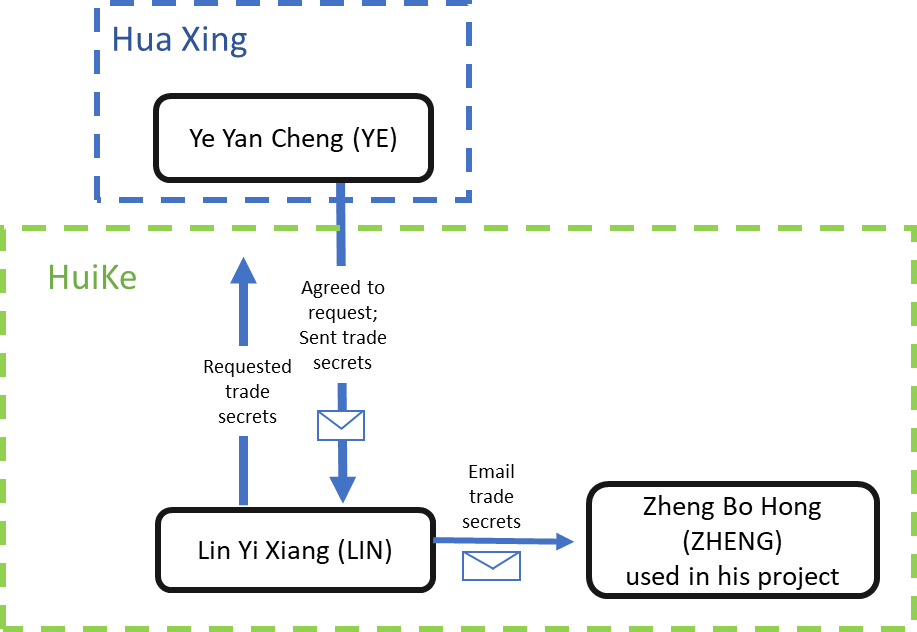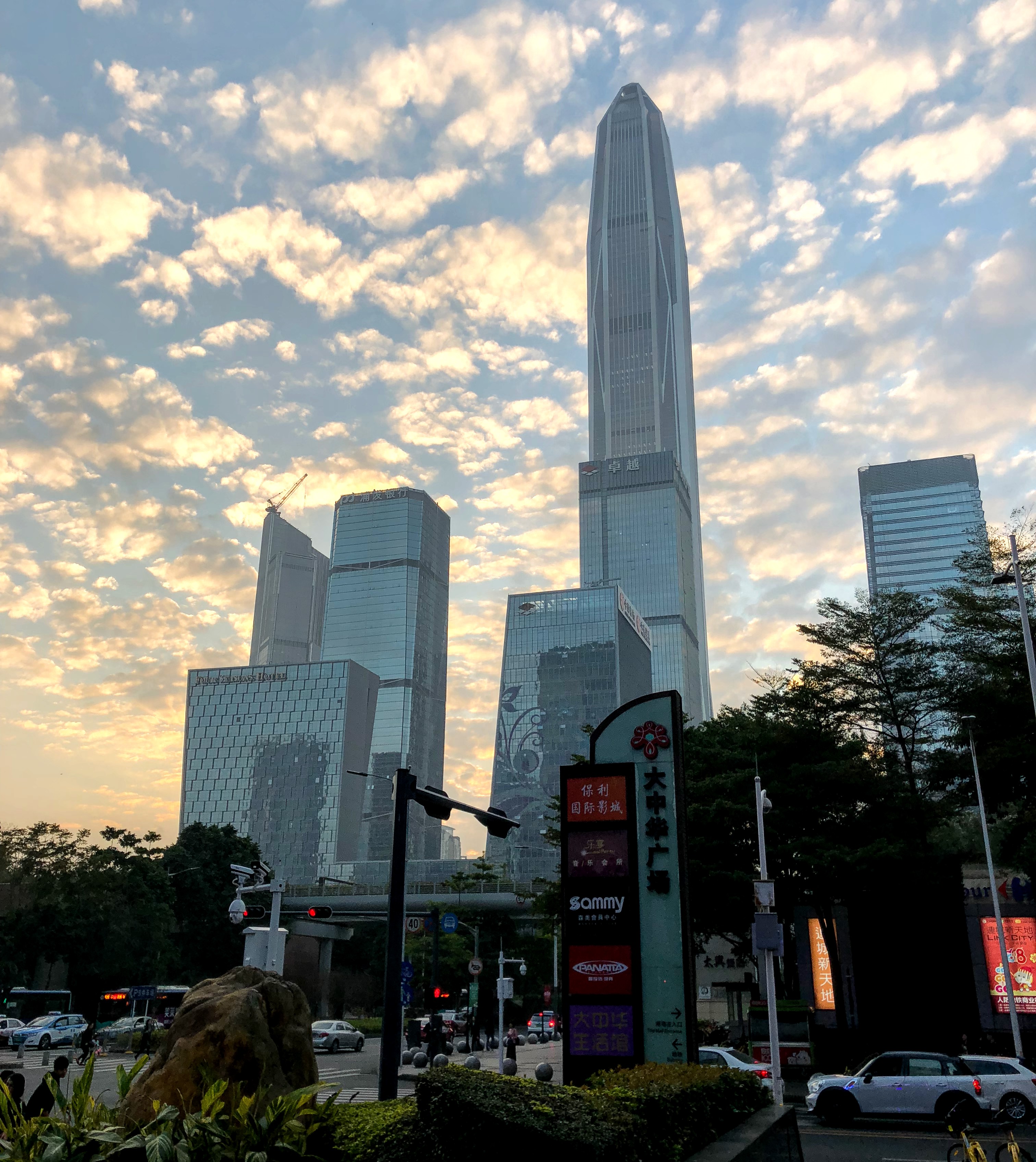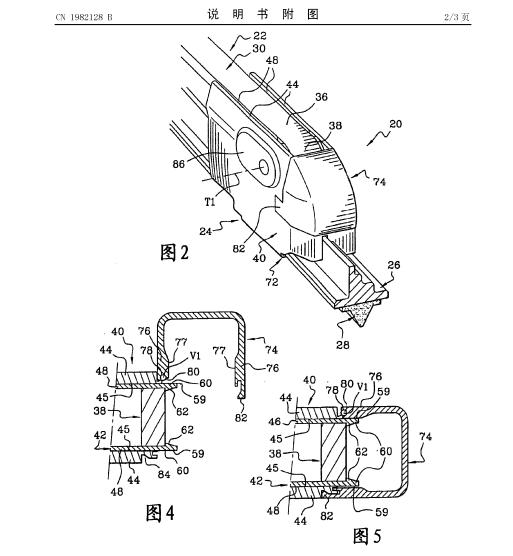The theft of trade secrets has always been a deep concern of foreign companies thinking of doing business in China, whether it be sharing protocols with a manufacturing partner, providing technology details to a potential investor, or sharing results from an R&D collaboration. How can businesses ensure that employees do not steal secrets and share them with others, such as competitors? If such stealing occurs, what are the consequences? Recently, China chose to highlight this topic in one of its Top 50 Representative IP Cases. Hua Xing v. Lin, Ye, and Zheng (2018 粤13刑终361号) emphasizes the criminal nature of violating and misappropriating trade secrets and the possible consequences for those…
-
-
2019 CHINA TOP 10 IP CASE: VALEO V. LUCAS, FUKE, & CHEN
Every year in the spring The Supreme People’s Court of PRC announces its “Top 10 Intellectual Property (IP) cases” and “50 typical IP cases in Chinese courts” of the year. Although not having precedential weight, these cases serve as a reference and guide people’s courts at all levels regarding their intellectual property trials. It’s always interesting to see which cases get chosen, since it reflects what concepts and messages the Courts want to highlight to the public. The new list of 2019 top cases came out on 7 Apr 2020. Today we will discuss a case that touches upon issues relating to claims that are written with an ambiguous mix…
-
The Latest on Post-Filing Data in China’s Patent Law
Post-filing data can sometimes be the crucial difference between a patent allowance and a final rejection. The reasons are endless why important data may not have been included in the original patent application as filed. Time and budget may have been insufficient to generate data over the full scope of the claims at the time of filing. The priority of a company’s business may have changed, meaning now more resources are available to generate data in this new area. Whatever the reason, patent practitioners often rely on data generated after the filing of the original application in order to overcome rejections from the patent office. Traditionally, China has been known…







